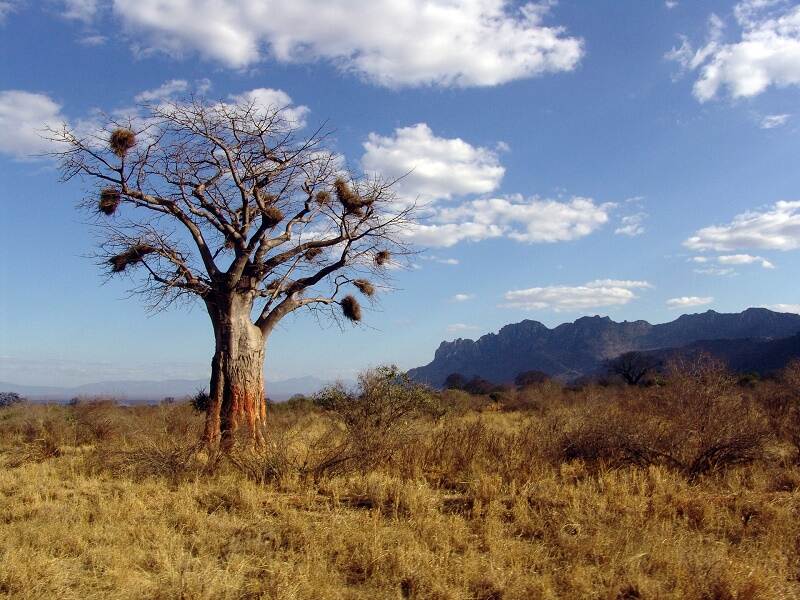Baobab trees and lessons from the oil industry
Weblogs
Baobab trees are the most beautiful trees on earth. They are enormous. So big that they dwarf the other trees around them. They tower above them. Yet despite their enormous size, they are also majestic. If I ever asked for directions, the route description was often, ‘Keep going till you see a huge baobab tree, it’s near your destination’. Baobab trees show us the way. There’s even an African saying about them: ‘Wisdom is like a baobab tree, no one individual can embrace it’. Cooperation leads to wisdom. Wisdom shows us the way.

With this thought in mind, in early 2019 I flew to Pretoria in South Africa to sign a cooperation agreement. The agreement was the starting shot for a special joint project between the national audit offices of Kenya, Tanzania, Mozambique, the Netherlands and the African organisation of English and Portuguese-speaking audit offices, AFROSAI-E . The Netherlands Court of Audit would provide technical assistance to help the three African audit offices carry out six audits. The key question was, do African governments effectively check that oil and gas companies do not overcharge them? The audit teams then held productive meetings in Pretoria, Dar es Salaam and Maputo . The results were due to be presented in mid-2020.
But then new auditors general, the most senior officials, were appointed at the Kenyan audit office and, unexpectedly, at the Tanzanian audit office. And the pandemic broke out. Overnight, travel become impossible. Local lockdowns were imposed in the Netherlands and the African countries. Against all odds, however, the audit teams remained in touch through digital meetings via Teams or Zoom. That’s how I got to know the auditors general of Kenya and Tanzania. The pandemic inevitably delayed the audits but the audit teams made a virtue of necessity. An online course was developed on how to audit oil contracts. Owing to its great success, it has been published in several languages. Staff at more than 40 audit offices have already taken the course. To officially end the joint project the Court of Audit and AFROSAI-E held a digital conference at the end of last month. I was a little nervous. Would it be a success, a completely digital conference? And what had been done with the three African countries’ audits?
My nerves were unfounded. With over 250 registrations, the closing conference exceeded all expectations. More than 200 people from nearly 50 audit offices simultaneously logged in. Most of the audits had been completed, although nearly all of them were still lying on the auditor general’s desk waiting to be approved and hadn’t been published yet. Nevertheless, we were able to discuss the main results.
Several participating countries did not have appropriate audit mechanisms to determine whether the costs international oil and gas companies were charging their governments were correct. The African audit offices will make recommendations to improve the situation, of course, as there is a risk that the companies are overcharging the governments for the oil and gas they extract. If so, the African countries will be earning less than they are entitled to. They will not be receiving their fair share. This is also an interesting topic for the Netherlands now that we are phasing out gas production in Groningen. There’s work to be done! But thanks to the good cooperation, we are a lot wiser. We have learnt how audit offices and their governments can help countries and their citizens receive their fair share from oil and gas production.